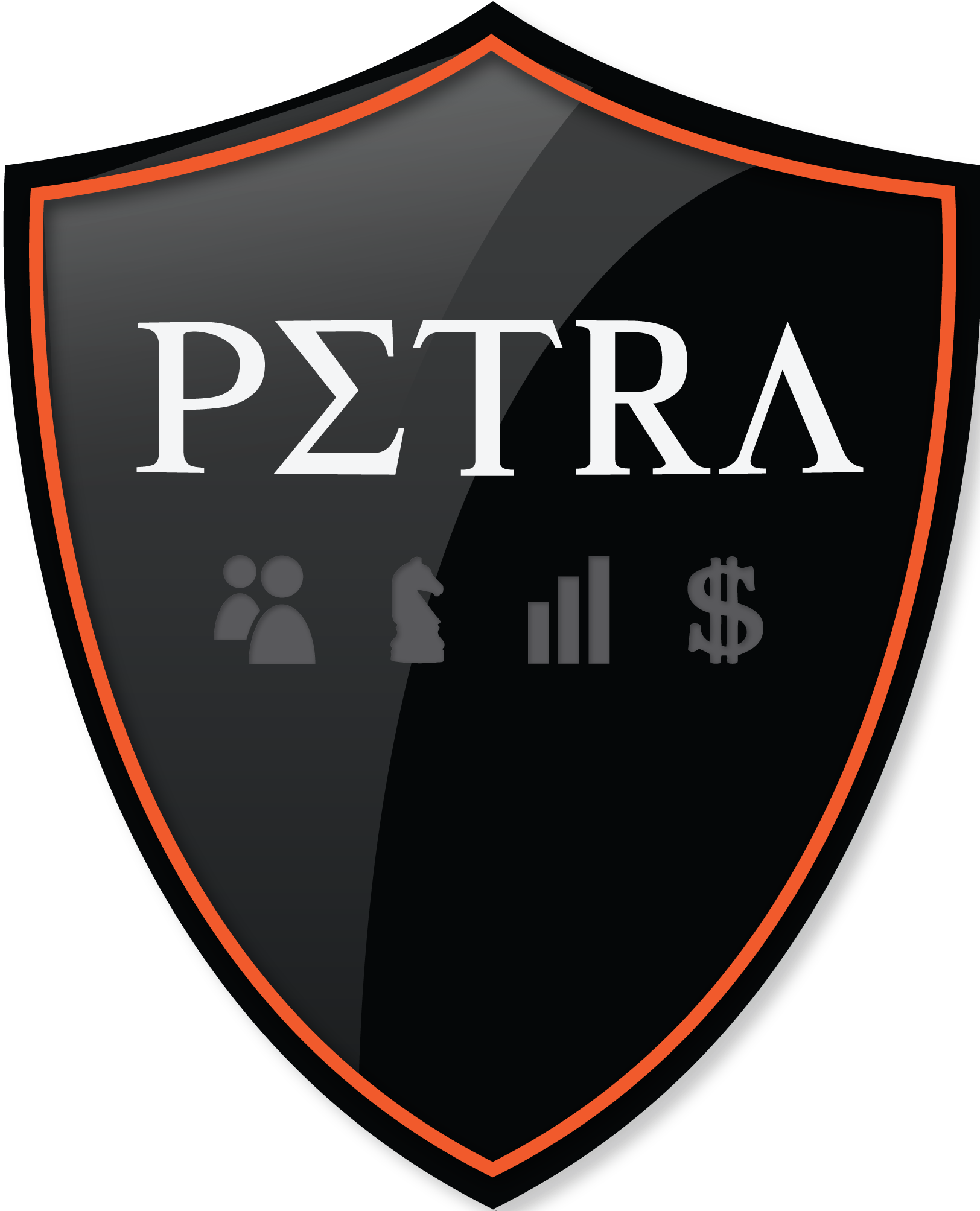
By Petra Coach, a proud Member Sponsor of the 2025 WPO Entrepreneurial Excellence Forum.
As a woman leading a multi-million-dollar business, you know that success isn’t just about having the right strategy—it’s about having the right team. A high-performance team doesn’t happen by chance; it’s built through intentional leadership, clear expectations, and a culture of accountability. When every team member is aligned, engaged, and personally invested in success, businesses don’t just run smoothly—they thrive.
At Petra Coach, we’ve worked with top business leaders to help them create teams that consistently perform at the highest level. Here’s how you can foster a culture of excellence and accountability in your organization.
Set Clear Expectations and Define Success
A high-performance team starts with clarity. Your team should have a strong understanding of the company’s vision, their role in achieving it, and what success looks like in their position. Leaders often assume their team knows what’s expected, but misalignment can lead to underperformance. When team members don’t have a clear target, they either hesitate to take action or work toward the wrong objectives.
To avoid this, set clear, measurable goals and communicate them frequently. Share key performance indicators (KPIs) in a way that makes them meaningful, not just metrics on a dashboard. Encourage team members to take ownership of their individual contributions while also understanding how their work fits into the bigger picture. When employees know exactly what success looks like, they’re more likely to take initiative and stay engaged.
Foster a Culture of Ownership
Accountability doesn’t mean micromanaging—it means creating an environment where people feel responsible for their work and take pride in their contributions. Leaders can foster a sense of ownership by empowering employees to make decisions within their areas of expertise, recognizing initiative, and rewarding problem-solving.
Encouraging autonomy doesn’t mean letting go of oversight. Instead, it’s about creating a system where team members have the confidence to act, knowing they have the support and trust of leadership. When employees feel a sense of ownership over their work, they become more engaged, proactive, and motivated to produce excellent results.
Give and Receive Direct, Constructive Feedback
Top-performing teams thrive on feedback. A workplace culture that embraces constructive criticism as a tool for growth leads to better performance and higher engagement. Leaders should provide regular feedback instead of waiting for annual performance reviews, offering clear, specific insights on what’s working and what needs improvement.
It’s equally important to create an environment where employees feel comfortable providing feedback to leadership. Open dialogue fosters trust and innovation, while a lack of communication can lead to frustration and stagnation. When team members know their voices are heard, they are more likely to invest in the company’s success.
Implement a System for Accountability
It’s one thing to expect accountability, but it’s another to make it a natural part of your organization. Establishing systems that reinforce accountability without feeling punitive is key. Many successful companies use scorecards or dashboards to track progress on key goals. Regular check-ins or accountability meetings help teams stay on track, giving employees a chance to share progress, discuss obstacles, and realign priorities when necessary.
Public commitments can also be powerful. When team members vocalize their priorities and updates, it creates a sense of shared responsibility. The more accountability is built into daily operations, the less it feels like a chore and the more it becomes second nature.
Lead by Example
Ultimately, a team will only be as accountable as its leader. If you want your employees to take ownership, embrace feedback, and stay committed to excellence, you need to model those behaviors yourself. Take responsibility for your own decisions and mistakes, follow through on commitments, and actively engage in the same feedback loops you expect your team to follow. A leader who is transparent, accountable, and open to growth sets the tone for the entire organization.
Building a high-performance team isn’t just about hiring the most talented individuals—it’s about creating a culture where people feel accountable, valued, and motivated to do their best work. By setting clear expectations, fostering ownership, embracing feedback, and implementing accountability systems, business leaders can develop teams that drive sustainable success.
______________________
About the Author
Mandy Burage is the President of Petra Coach, embodying all things Petra with her passion for personal growth and effective leadership. Since joining the team in 2012 as employee #2, Mandy has played a pivotal role in the company’s over a decade journey, contributing significantly to its growth and success.
With over 20 years of experience, Mandy’s career has been deeply influenced by the Rockefeller Habits, experiencing more huddles than most will in a lifetime. As a certified DiSC trainer, she has dedicated herself to helping individuals grow through direct feedback and well-defined next steps.
Outside of her professional endeavors, Mandy stays busy with her husband and three children in Nashville. An Auburn Tiger at heart, she has a passion for running and Orange Theory, always pushing herself and others to be their very best.
